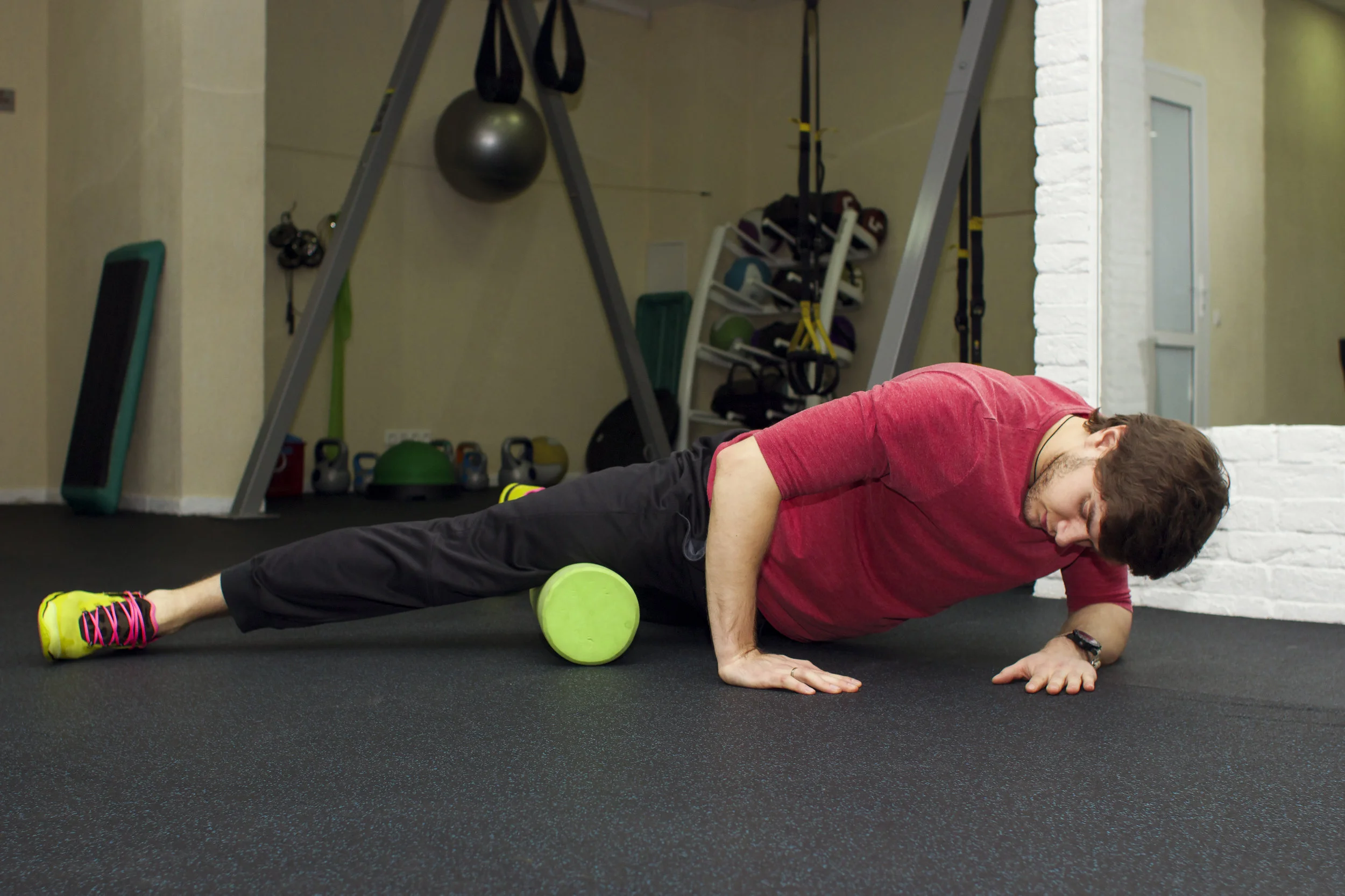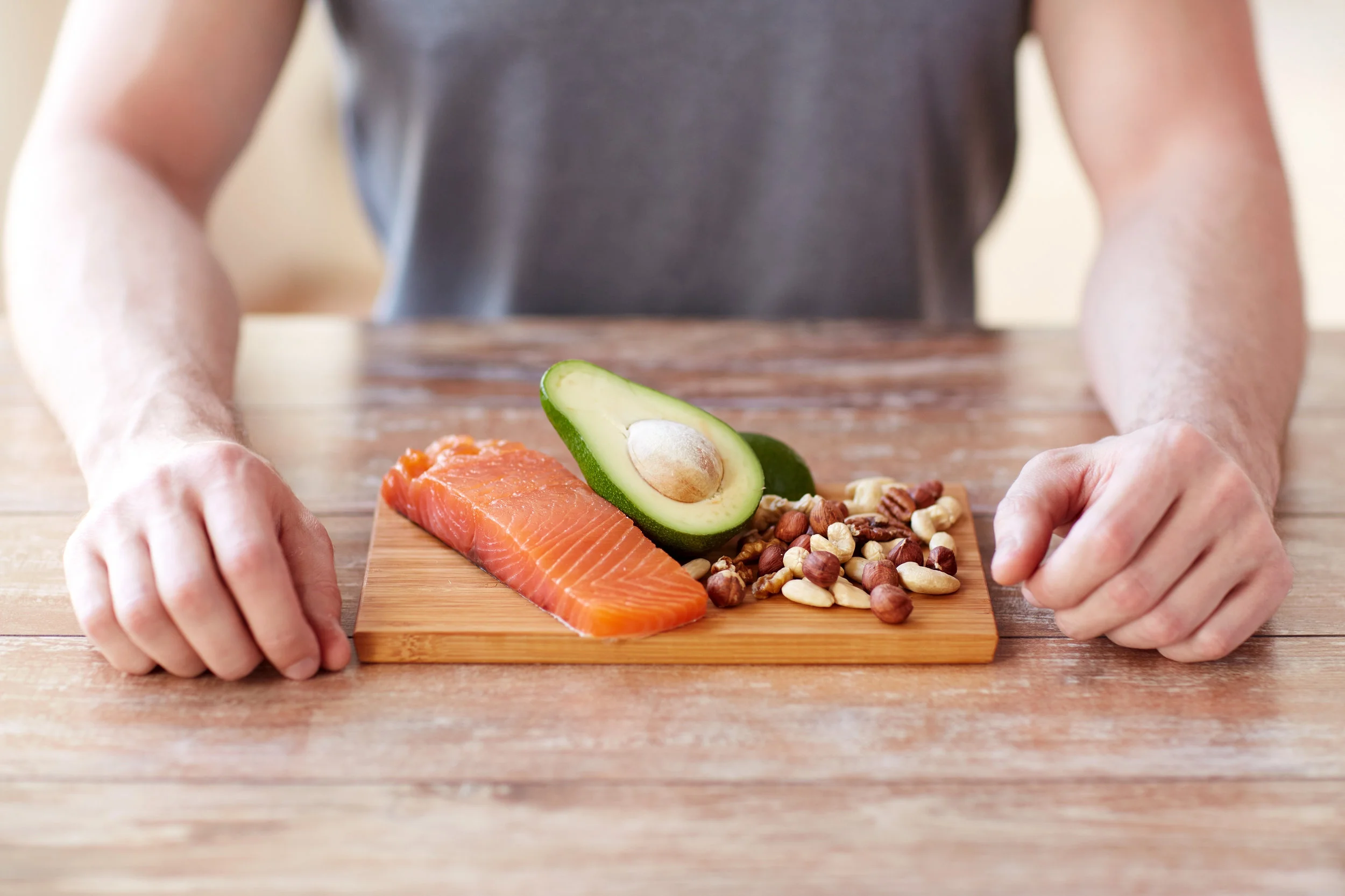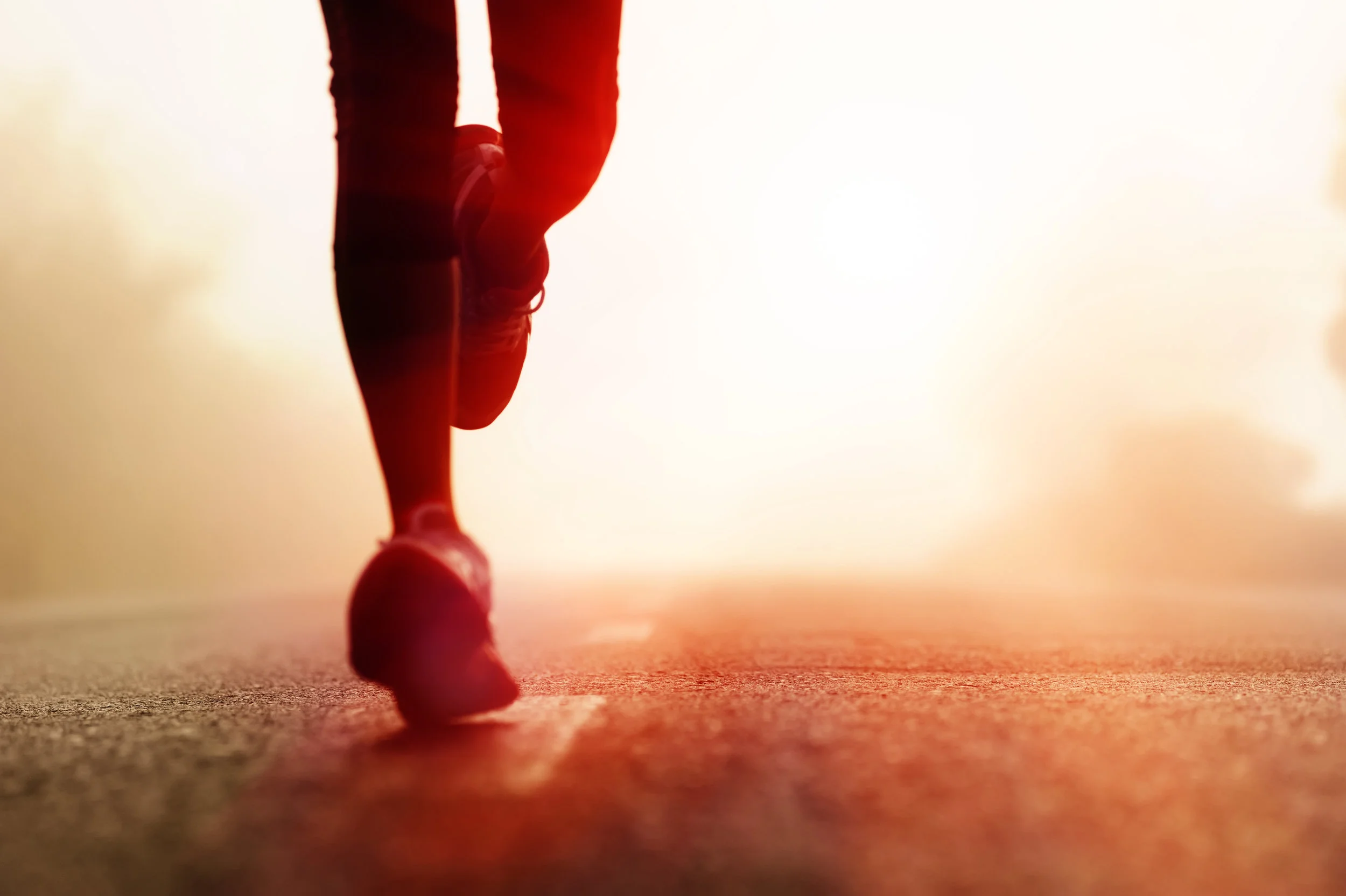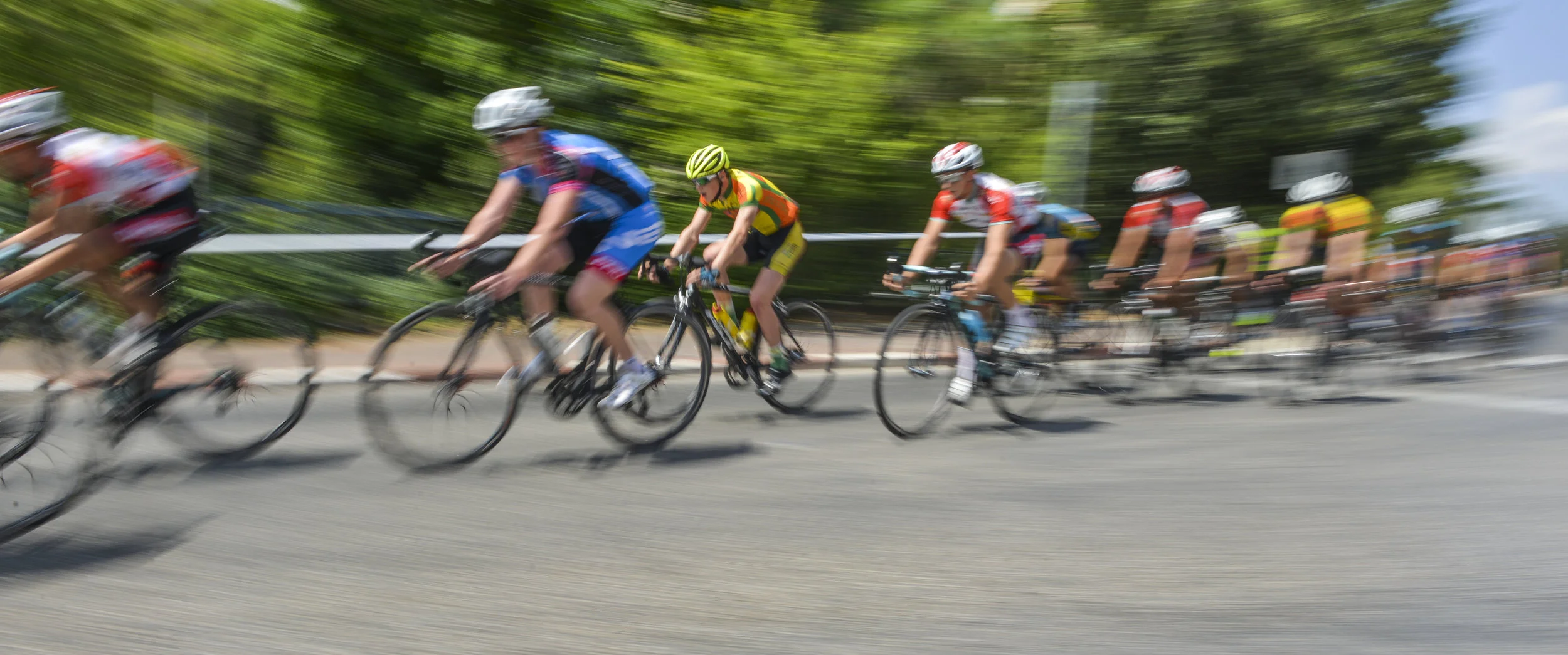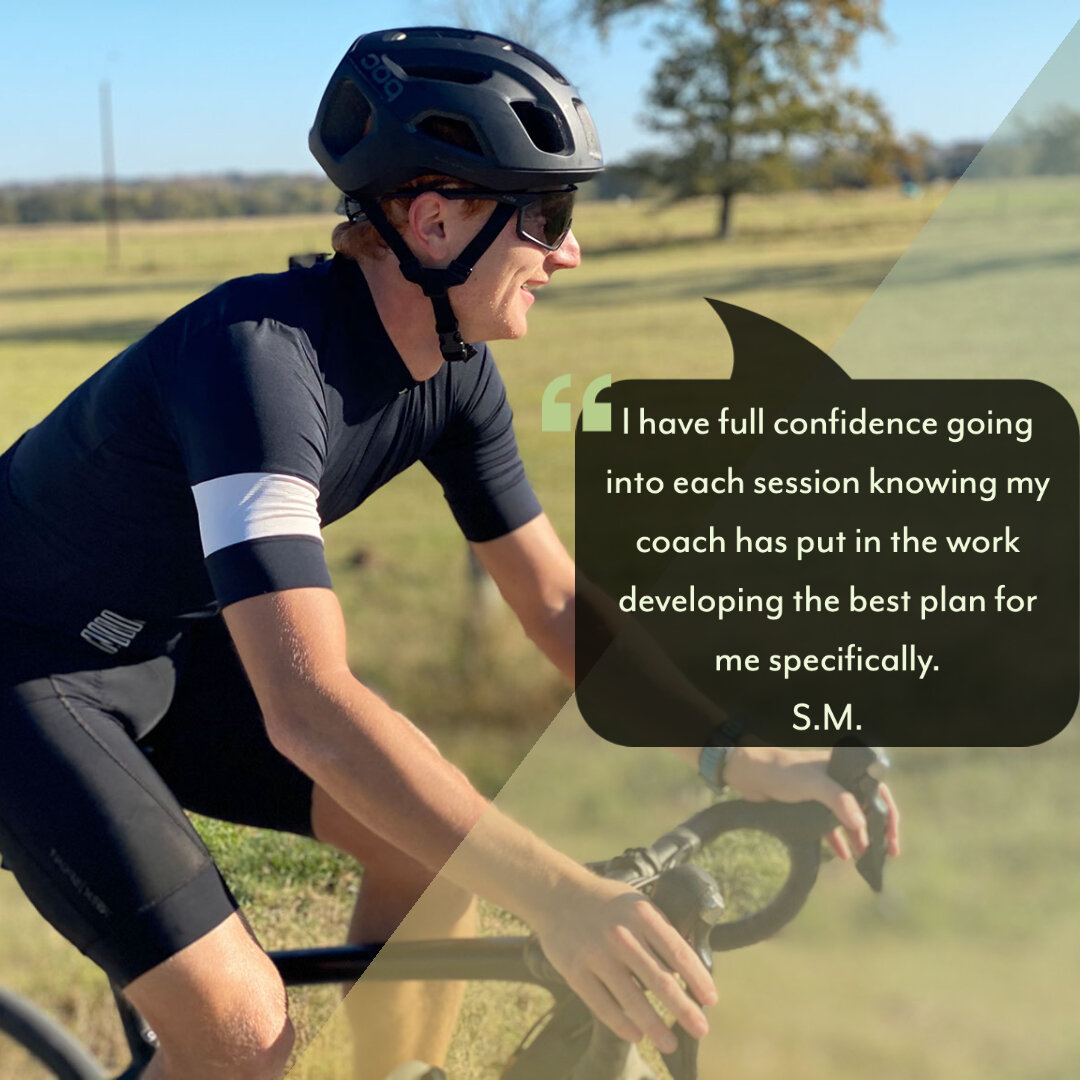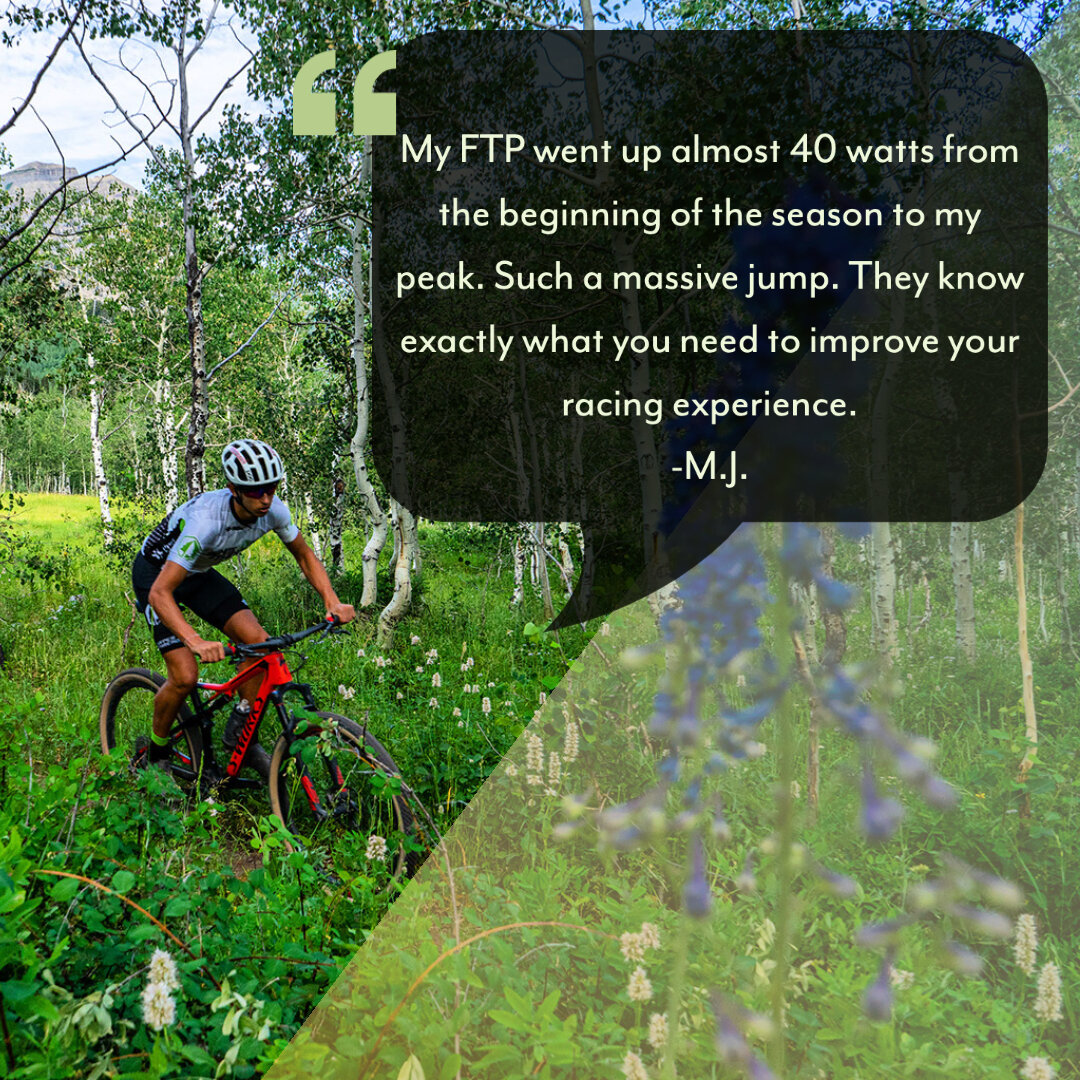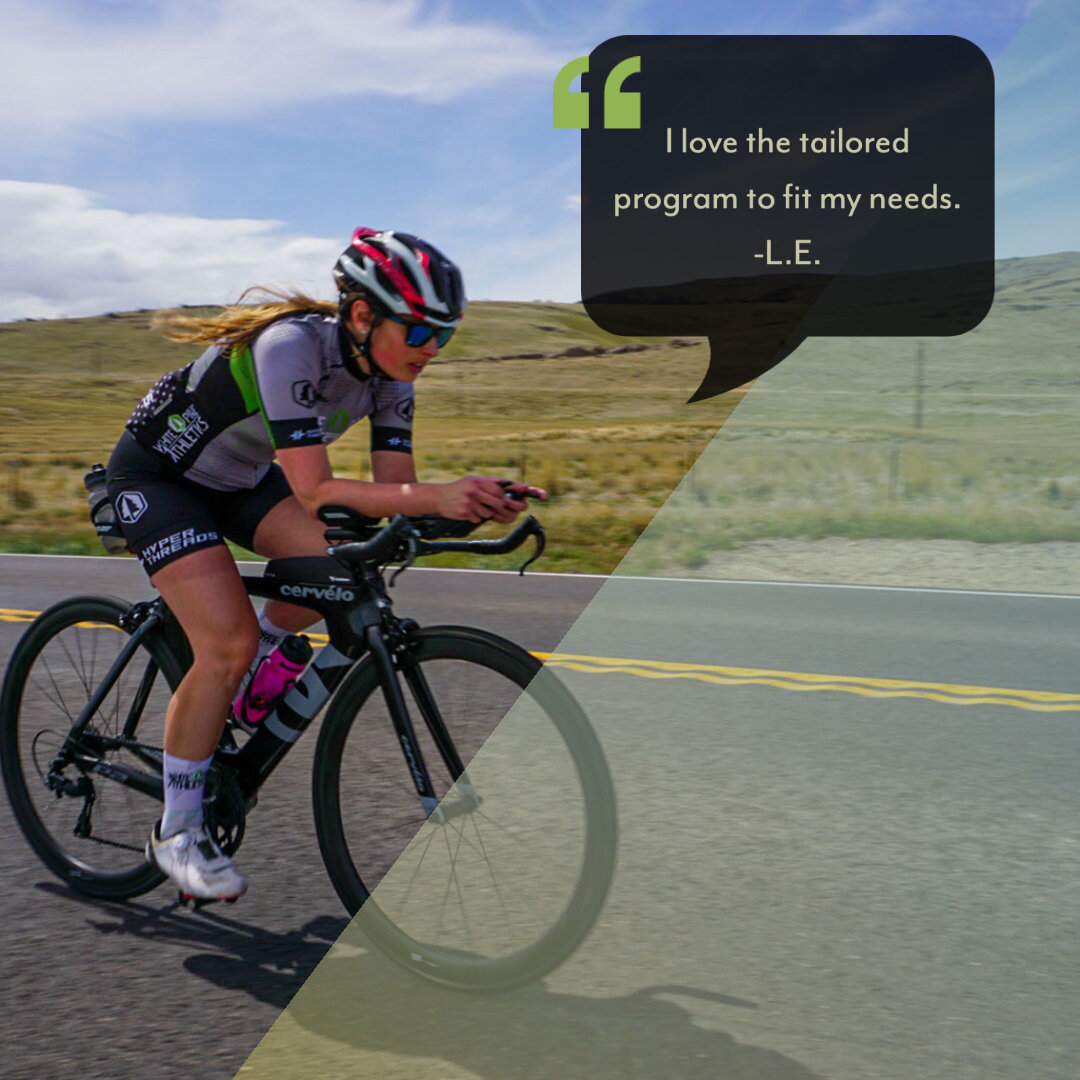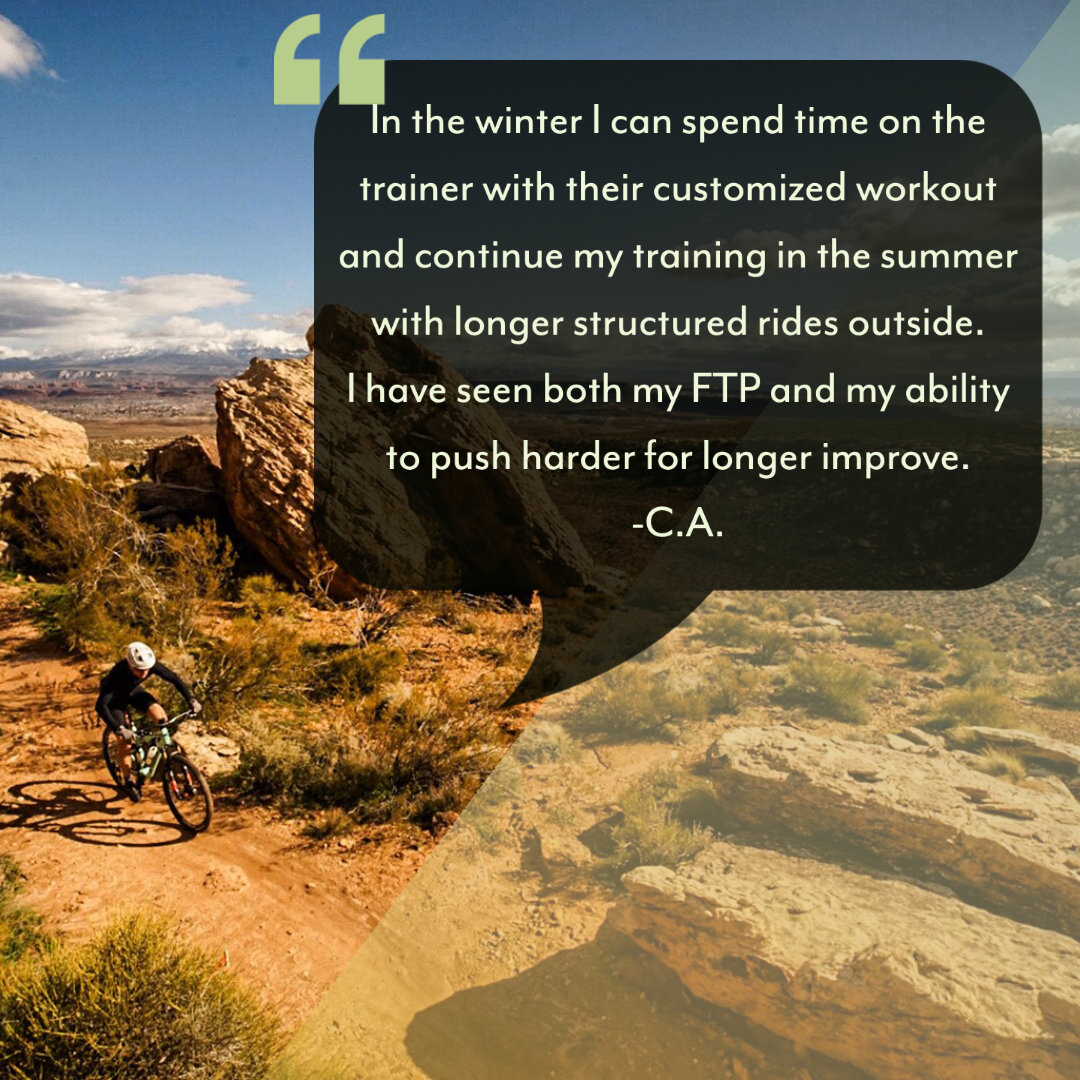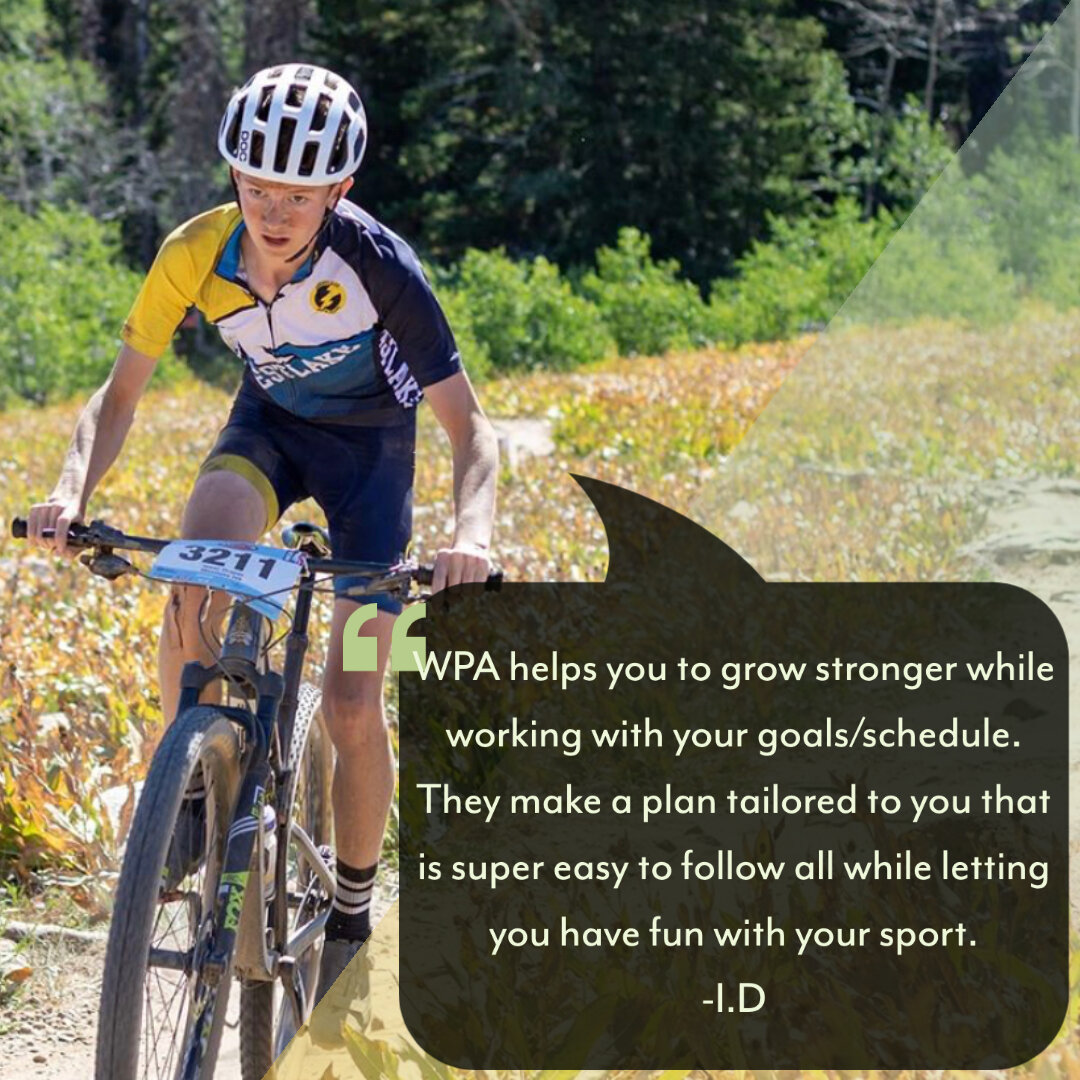With it being deep in the winter season, you may not be training outside as often as you would be in the warmer months. Perhaps, you are finding more indoor training days in your schedule due to inclement weather. With less sun exposure and our skin being covered up by all of those warm and cozy layers, this can put us at greater risk of becoming deficient in Vitamin D. This is because our body synthesizes the active form of vitamin D3 via the skin’s interaction with sunlight.
5 Winter Cycling Training Myths: Busted!
As odd as it may sound, from a coaching perspective, winter is one of my favorite seasons. Athletes are typically coming off a brief window of recovery following a season of intense training and racing. The tail end of race season for many athletes is a time marked by physical and mental exhaustion, burn out, and feelings of either success or failure looking back at the season. Winter, however, is a fresh start. It’s the time of year where the successes or shortcomings of the previous season are behind us, and ahead lies the promise of new races, new results, and new opportunities.
Increased Exercise and Injury Prevention
Welcome to the 23rd Saturday of COVID-19 social distancing!! With this new norm of the “stay-at-home” order also comes an increase of free time for some; and in this new routine, exercise is rapidly becoming a sought after method of occupying our space and time. Consistency in exercise routines has long been a struggle for many.
6 Tips for Time-Crunched Athletes
24 HOURS, 1,440 MINUTES, 86,400 SECONDS: Those numbers make up a single day, and every one of us have to work within the confines of those limitations. So how is it that some people seem unphased by time? We have all seen those athletes that seem to balance training, work, family and everything else thrown at them with ease. The most common concerns I have heard from athletes over the years is the need…
Is Your Kitchen Propelling You to Success or Sabotage?
Why Athletes Need Mobility Training
As an athlete, I have trudged my way through many, many injuries: finger injuries, sprained ankles, broken bones, you name it… But, the injuries that were most common, and sadly the most preventable, were those due to my lack of mobility and flexibility: injuries such as hyperextensions, back issues, hip pain, and even minor muscle tweaks…All of these were due to my lack of mobility, not my lack of strength.
Stretching and Mobility for Cycling: Proper Dynamic Warm-up and Static Cool-down
The subject of stretching and mobility has been a topic of great controversy in endurance sports. It’s no secret that in the sport of running for example, static stretching prior to activity has been linked to decrease in performance, in part because tight muscles and tendons act as more effective and stiffer springs, which is incredibly useful in some endurance and power sports such as running and cycling. It is with this theory that I prefer to prescribe a more dynamic based warm up, and a static stretch cool down…
Properly Fueling a Morning Workout
For many of us who juggle multiple hats, trying to be superheroes to everyone else and still wanting to reach our fitness goals, mornings are sometimes the only time we can squeeze in our training session. Properly planned nutrition can help you maximize your training time to earn the most results.
In any given workout, our body can supply energy through a few avenues…
What Is The “Off Season”? Do Endurance Athletes Really Need One?
If you’ve been hanging around other endurance athletes for any bit of time, you may have heard them reference their “off season”. But what exactly is an off season? When is an off season? And most importantly, do endurance athletes need an off season?
As endurance athletes, our calendar is typically broken down into four seasons…
Not All Athletes Should Be Eating The Same
We’ve all heard the viral celebrity “diets” - think of Olympian Michael Phelps, who boasted of consuming upwards of 8,000 calories per day, Usain Bolt’s binge of Chicken McNuggets, Dwayne “The Rock” Johnson’s fish and egg feasts, or the Los Angeles Lakers’ obsession with bone broth. If we blindly follow one of these high-profile “endorsed” diets, it’s completely likely we could find ourselves fatter, slower, and fatigued through our training and competitive seasons. But why could one diet work so well for one athlete and completely unravel another?
7 Ways To Train Like The Pros
Often times, people assume there’s a major genetic difference between themselves and professional athletes, and in some cases this true. I have been fortunate enough to work with athletes of all caliber, from the off-the-couch amateur to world cup gold medalists and Olympic hopefuls, and from my experience, the only thing that separates a pro from a novice is the way they approach and execute their training…






